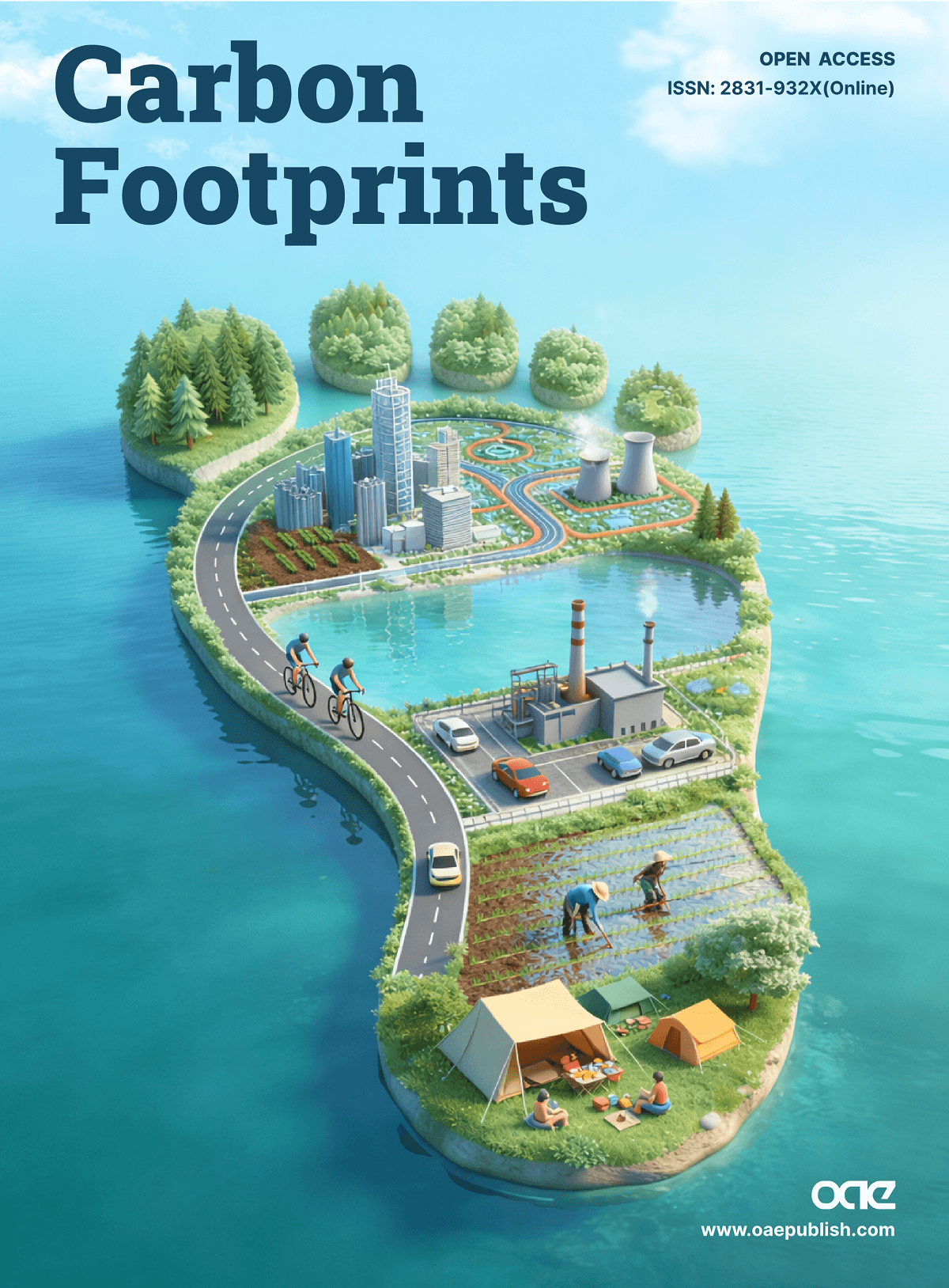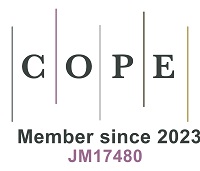Contents
Guest

Yuekuan Zhou
Function Hub, The Hong Kong University of Science and Technology (Guangzhou), Guangzhou, China.
Assistant Professor
- Assistant Professor in the Sustainable Energy and Environment Thrust at The Hong Kong University of Science and Technology (Guangzhou). Affiliate Assistant Professor in Department of Mechanical and Aerospace Engineering, The Hong Kong University of Science and Technology
- Worldwide top 2% scientists for both Career and Yearly
- Best paper award in CUE 2020—Applied Energy Symposium: Low carbon cities and urban energy systems. The winner of excellent PhD Award (2021) in the second International Conference on Energy and Built Environment (Chengdu)
- 4 highly cited papers (ESI 1%)
- Carbon Neutrality Project from National Development and Reform Commission, participated in the Energy Conservation and Emission Reduction Platform Project of the Ministry of Finance
Research Interests:
Green buildings; Low carbon communities; Solar-storage-charging integrated system; Simulation and optimization of complex energy systems; Life cycle analysis
Topic: Clean Energy Transition: from buildings to districts
Moderator

Zhengxuan Liu
Faculty of Architecture and The Built Environment, Delft University of Technology, Delft, The Netherlands.
Marie Skłodowska-Curie Research Fellow
- EU Marie Curie Scholar (EU Young Talent Program, funding of €203,000 approved in March 2022, PI)
- Associate Editor, Humanities & Social Sciences Communications (SSCI, Q1, Nature Subjournal)
- Associate Editor, Journal of Housing and the Built Environment (SSCI, Q3)
- Vebleo Fellow, which recognizes researchers who have prominence and leadership in the field of science, engineering, and technology.
- Executive Chair, Marie Curie Alumni Association (MCAA) China Chapter, an official support organization of the European Commission
Research Interests:
Sustainable Urban Energy Transition; Zero-Carbon Building Technology Development and Application; Smart Building and Intelligent Community Energy Management; Integrated Application of Geothermal and Energy Storage Systems; High Quality Green Construction Innovation System
Sustainable Urban Energy Transition; Zero-Carbon Building Technology Development and Application; Smart Building and Intelligent Community Energy Management; Integrated Application of Geothermal and Energy Storage Systems; High Quality Green Construction Innovation System
Abstract
Energy-efficient design, cleaner power production, and hybrid energy storage are essential for the transition towards zero-energy buildings and a carbon-neutral district energy community with high energy flexibility and eco-economic viability. However, the transition roadmap is full of great challenges, requiring combined efforts from multidisciplinary research, including advanced building materials, sustainable energy and environment, electrochemical storages, artificial intelligence, and so on. Effective strategies for zero-energy buildings can be resorted mainly from passive building design (e.g., highly insulated materials on building façade, solar-reflective coatings on glazing, super-insulating aerogel glazing and daytime sky radiative cooling) and distributed renewable energy supply (e.g., solar PV, wind turbine and earth-to-air heat exchanger). However, due to the intermittent renewable energy and stochastic energy demand, their spatiotemporal mismatch requires grid interaction for the dynamic power balance but imposes great import/export pressure on the local micro-grid. The hybrid energy storages and advanced energy management strategies are thereafter important, for self-sufficiency and grid independence of building energy systems. In this seminar, roadmaps for a transition towards zero-energy buildings are introduced, including a series of building energy-efficient technologies, distributed renewable energy technologies, and hybrid energy storages (i.e., thermal, electrical, and hydrogen storage). Multidisciplinary research has been conducted with the application of machine learning in performance prediction of nonlinear systems (e.g., building energy prediction and battery cycling aging), smart demand-side control, and multivariant and multi-objective optimizations. Advanced energy conversion and management strategies are introduced on dynamic energy dispatch of renewable energy, demands, storage, and micro-grids. Furthermore, ideas and plans with integrated cutting-edge technologies are proposed to promote the transformation towards zero-energy buildings and a carbon-neutral district energy community.
Presentation

Clean Energy Transition: from Buildings to Districts - Opening Remarks (Zhengxuan Liu)
NaN

Clean Energy Transition: from Buildings to Districts - Academic Report (Yuekuan Zhou)
NaN

Clean Energy Transition: from Buildings to Districts - Q&A Session
NaN









